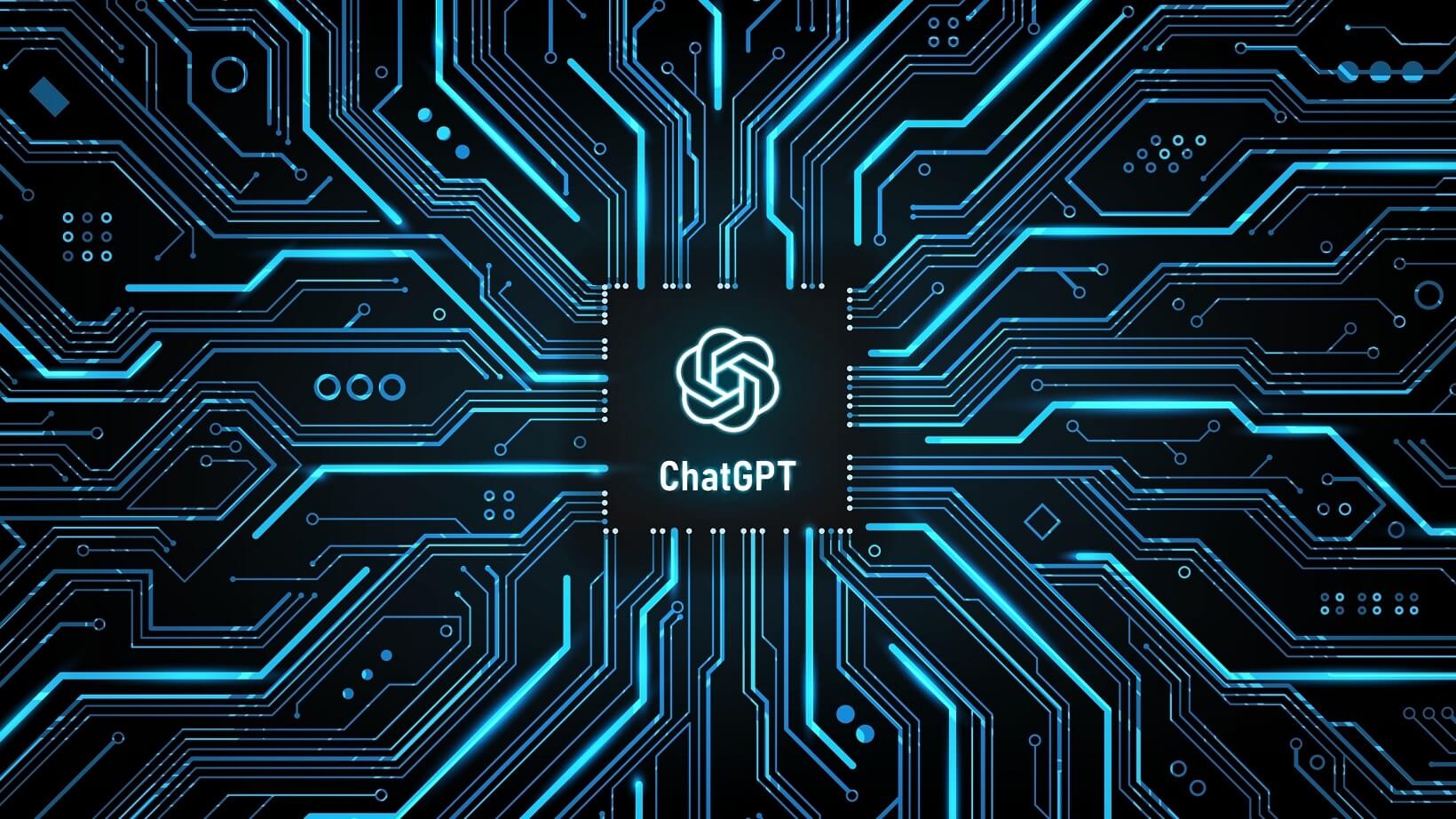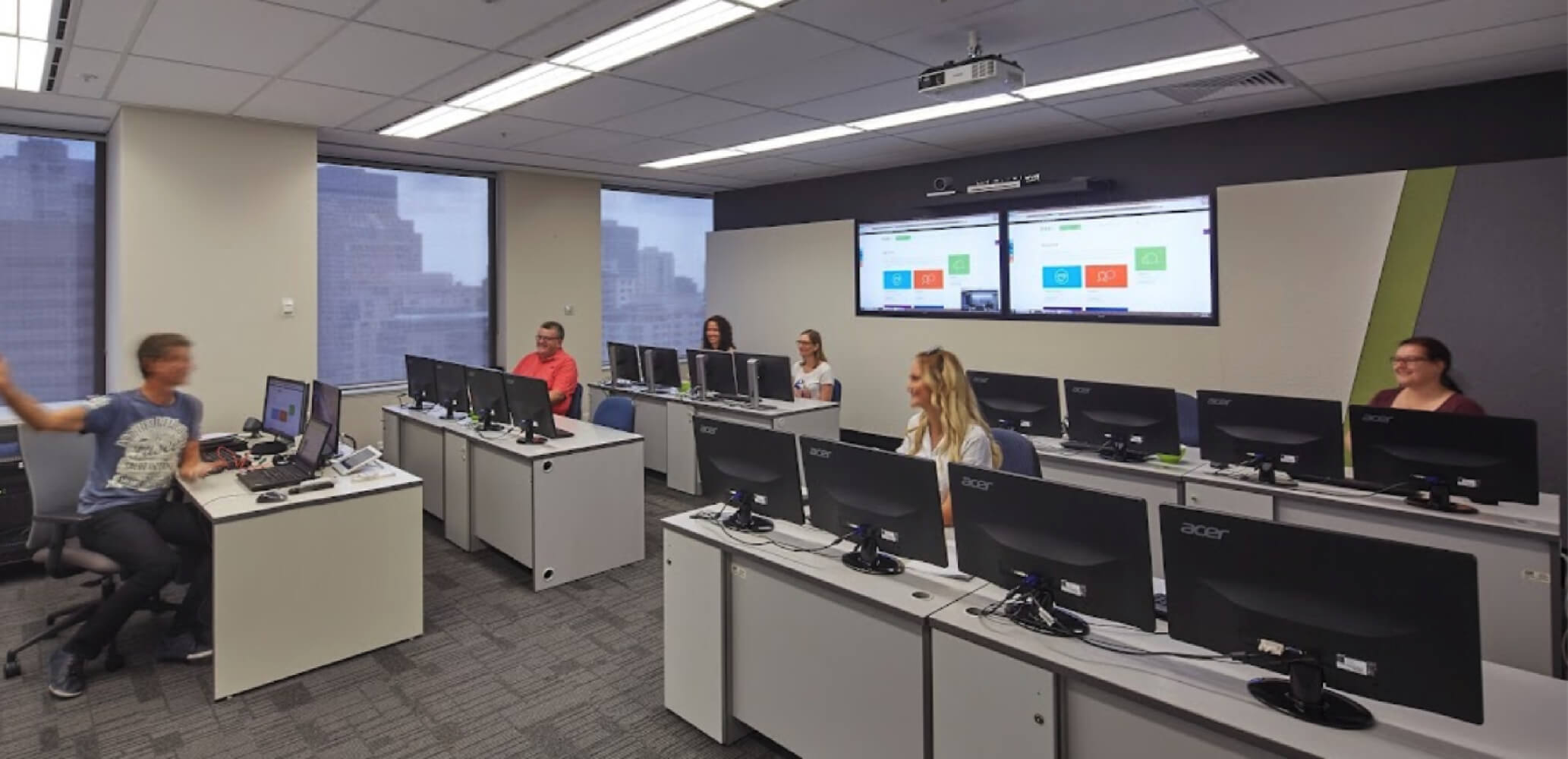Imagine this: it’s one of those workdays where there’s too many emails to read and answer, reports to complete, and a looming marketing campaign brainstorm. You and your team are already at a breaking point, and coming up with new content ideas feels impossible.
Enter ChatGPT, your business’s newest companion for boosting your productivity and efficiency. ChatGPT is an AI-powered chatbot and virtual assistant by OpenAI that can generate text based on a user’s prompts or inputs. According to OpenAI CEO Sam Altman, 100 million users use ChatGPT weekly. And each month, ChatGPT attracts 627 million visitors, based on recent data from Similarweb.
While many businesses use ChatGPT for basic tasks like generating emails and social media posts, did you know that the tool can do so much more? In this blog, we will discuss a some powerful use cases for ChatGPT in business , how you can make the most of the tool, and how Nexacu can turn you into a ChatGPT pro.
How Can You Use ChatGPT for Your Business?
There are various business areas where you can use ChatGPT, such as:
1. Customer Support and Service
ChatGPT isn’t just an AI assistant; it’s also a handy tool that can significantly help your customer service department. Chatbots powered by this AI tool can handle customer inquiries, provide instant responses, troubleshoot common issues, and handle simple tasks such as placing orders or scheduling appointments. They can also help route customer queries to the appropriate teams.
By offloading some customer support tasks to ChatGPT, your customer service representatives are free to focus on more complex tasks. This also reduces response times, lowers operational costs, and ultimately improves customer satisfaction.
One organisation that has successfully integrated ChatGPT into their customer service department is UK-based company Octopus Energy. According to the firm, ChatGPT is now responsible for handling 44% of customer inquiries.
2. Recruitment and Hiring
Human Resources employees can also benefit from ChatGPT’s technology. For instance, the AI tool can draft comprehensive job postings that attract top talent and highlight the company culture. Once the job posting is made public, the HR team can use ChatGPT to scan applicants’ resumes for keywords and skills that are relevant to the job description using natural language processing and conversation technology.
ChatGPT’s assistance doesn’t end there, however. After the HR team shortlists candidates for a position, ChatGPT can assist them in personalising emails to the potential hires and automating the interview scheduling process. This simplifies communication between candidates and recruiters.
Finally, as soon as an interview is over, the AI tool can analyse recording or transcripts (with proper consent) and offer insights into a candidate’s performance and potential fit within the company.
Bonus: You can ask ChatGPT to help with the onboarding process! For example, HR managers can integrate ChatGPT with calendar tools to automate scheduling of onboarding meetings and training sessions, use a chatbot that can answer common questions, and generate personalised onboarding materials.
3. Content Creation and Curation
ChatGPT can help you write different types of content, such as articles, marketing copy, and video scripts and assist you throughout the entire content lifecycle.
Let’s say you’re struggling to find inspiration for a new blog post. You can provide ChatGPT with a starting point, such as a general topic or a target audience. It will then generate a list of creative ideas and titles.
Once you have a content idea, ChatGPT can also help you create a structured outline. Simply provide it with your main topic and key points, and it can produce a detailed outline, complete with subheadings and transitions. This way, you can ensure that your content is well-organised. ChatGPT can even serve as your creative catalyst by generating initial drafts for your content, helping you kickstart the writing process.
When it comes to content curation, you can turn ChatGPT into a research assistant. If you have a paid subscription, you can summarise key findings in research papers, identify credible sources for your content, and search the internet for relevant information. What’s more, ChatGPT can repurpose existing content into new formats. For instance, you can ask it to turn a blog post into an email newsletter for your customers and potential clients.
4. Healthcare Diagnosis and Treatment
The healthcare industry can also greatly benefit from ChatGPT. For instance, it can be trained on medical records, lab reports, and similar data to assist doctors in diagnosing and treating patients based on described symptoms. This essentially gives doctors a virtual assistant that can provide insights and recommendations, enhancing the accuracy and speed of diagnoses.
Additionally, ChatGPT can aid healthcare professionals by assisting in appointment scheduling, summarising patient records, generating reports, and facilitating communication between departments. This not only streamlines administrative tasks, but also allows healthcare providers to focus on providing the best care to their patients.
5. Data Analytics and Insights
Finally, ChatGPT can help you unlock hidden insights within your data. Provide it with your datasets and it can automatically identify key trends, correlations, and patterns that might normally go unnoticed. This can result in new discoveries that help with strategic decision making. For example, financial institutions have turned to ChatGPT to analyse transaction data to identify patterns that might indicate potential fraud.
ChatGPT can even simplify complex data by generating clear and concise summaries, translating statistical jargon into plain English and making it easy for everyone in your organisation to access data insights.
What is the Importance of Human Oversight When Using AI Tools?
As you can see, ChatGPT is a helpful tool for businesses. By just providing the chatbot with a few instructions, you can easily generate content, analyse data, and automate routine tasks.
However, it’s important to remember that human oversight is important when using ChatGPT and other AI tools. This is because while they can provide valuable assistance, they may still produce inaccurate or biased information at times. This is also known as hallucinations.
Back in 2023, a lawyer named Steven Schwartz used ChatGPT to write a legal brief. Unbeknownst to him, the tool generated fake legal cases, which he subsequently presented to the court. According to Schwartz, he believed that ChatGPT was a search engine and was assured by the AI tool that the cases were real. As a result of his actions, he was fined US$5,000.
And in the same year, tech news outlet CNET was also caught publishing AI-produced articles that contained multiple inaccuracies. While the news company says that its AI-generated articles are “reviewed, fact-checked and edited,” some oversights were still found on its content.
As such, humans must thoroughly review and fact-check the outputs being generated by ChatGPT and other AI tools.
It’s also important to provide clear prompts and specific instructions to the AI, as this can guide the tool to produce more relevant and useful information. Such a collaborative approach not only enhances the quality of the results, but it also ensures that the AI complements human expertise rather than replacing it.
Looking to Improve Your ChatGPT Knowledge?
Nexacu is here to help! Enrol in our ChatGPT Beginner - AI for Business course today and learn to integrate and utilise AI within your business. We’ll also help you manage cross-platform tools and enhance your proficiency in AI technologies.
Or if you’re a manager or business leader, consider the following courses:
- AI for Management: Designed with managers and team leaders in mind, this course provides the knowledge and skills to leverage AI in various business contexts and operations.
Ready to harness the power of AI? Enquire with us today to learn more.


























